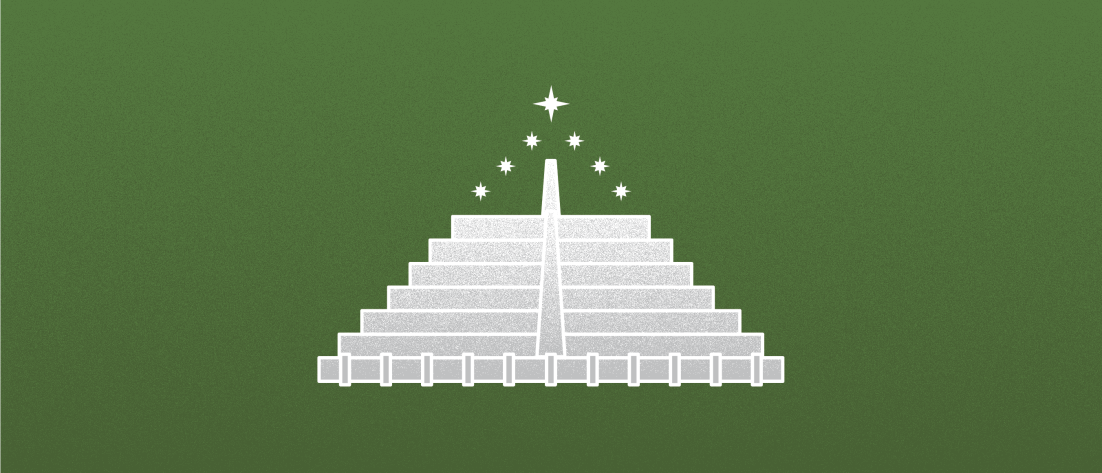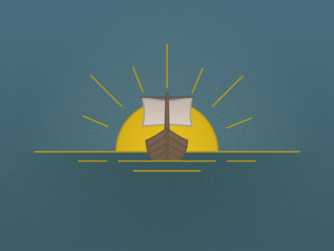Alan and Corey continue their journey towards Minas Tirith, riding with Gandalf and Pippin on the wings of the storm. We study the architecture of the White City, do maths, and begin the inevitable comparisons between Denethor and Théoden – even before we meet the Steward of Gondor. The Lord of the Mark makes the first of his guest appearances – and there was much rejoicing, and questionable jokes. Finally, what does the Tower of Ecthelion have in common with the Swamp Castle?
Recommended Reading
The Return of the King: Being the Third Part of the Lord of the Rings
Tolkien, J. R. R. (Mariner Books, paperback)
The Silmarillion
Tolkien, J. R. R. (Christopher Tolkien, ed.) (Mariner Books, paperback)
The Letters of J.R.R. Tolkien
Carpenter, Humphrey, ed. (Mariner Books, paperback)
The Fellowship of the Ring: Being the First Part of The Lord of the Rings
Tolkien, J. R. R. (Mariner Books, paperback)
The Two Towers: Being the Second Part of The Lord of the Rings
Tolkien, J. R. R. (Mariner Books, paperback)
Unfinished Tales of Númenor and Middle-earth
Tolkien, J. R. R. (Christopher Tolkien, ed.) (Mariner Books, paperback)
The Atlas of Middle-earth (Revised Edition)
Fonstad, Karen Wynn (Houghton Mifflin, Paperback)




Concerning possible antecedent inspirations for Minas Tirith.
Perhaps the fortress capital of the Median Empire, Ecbatana.
From Herodotus’ The History (1.98):
“Again, the Medes did as he [Deioces] told them; he had built for him those great strong walls that are now called Ecbatana, one circle of them inside the other. The building was so contrived that each circle of walls is higher than the next by the battlements only. The fact that the place chosen was itself a hill helps the design, but it was also much strengthened by contrivance. The circles of walls were, in all, seven, and within the final circle are the royal palace and the treasuries. The longest wall is about the length of the wall that surrounds the city of Athens. The battlements of the first circle are white, the second black, the third scarlet, the fourth blue, the fifth orange. Thus the battlements of these five circles are painted with colors; but the last two circles, the one had its battlements coated with silver, the other with gold.” (Trans. by David Greene, (1.98))